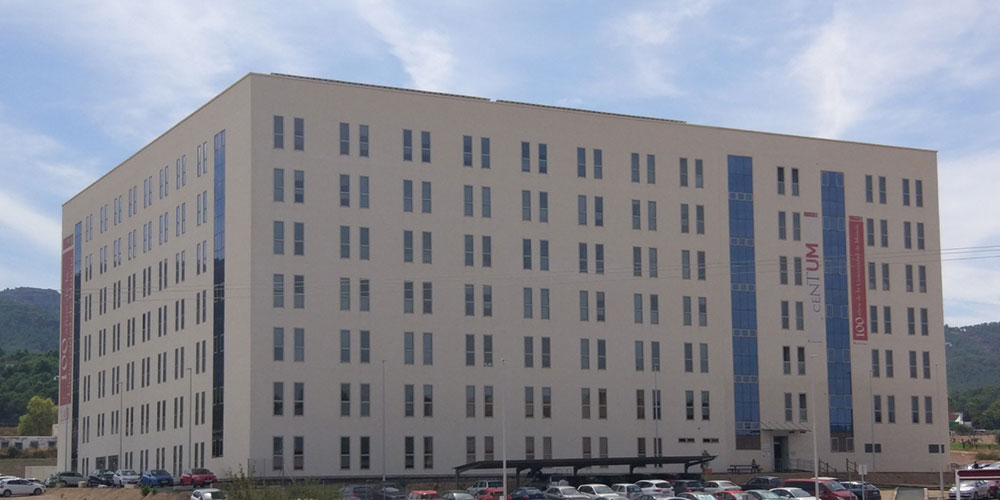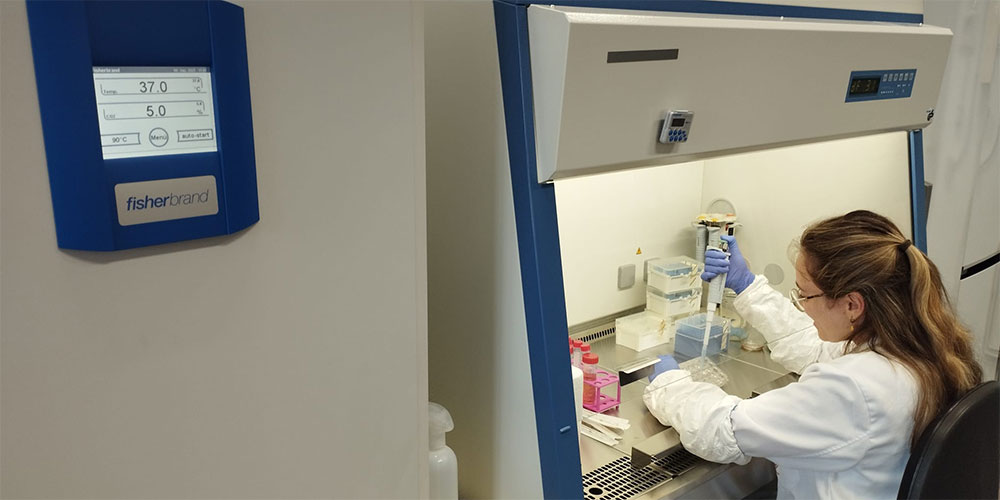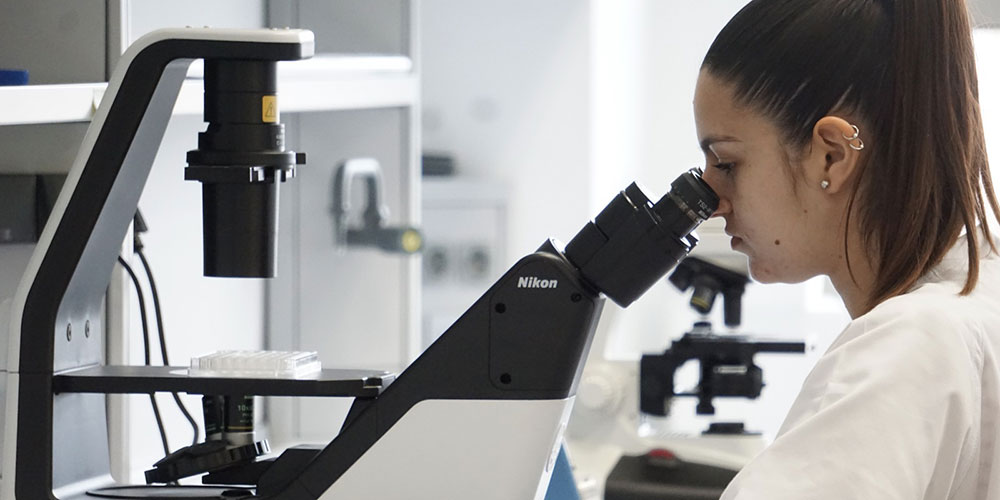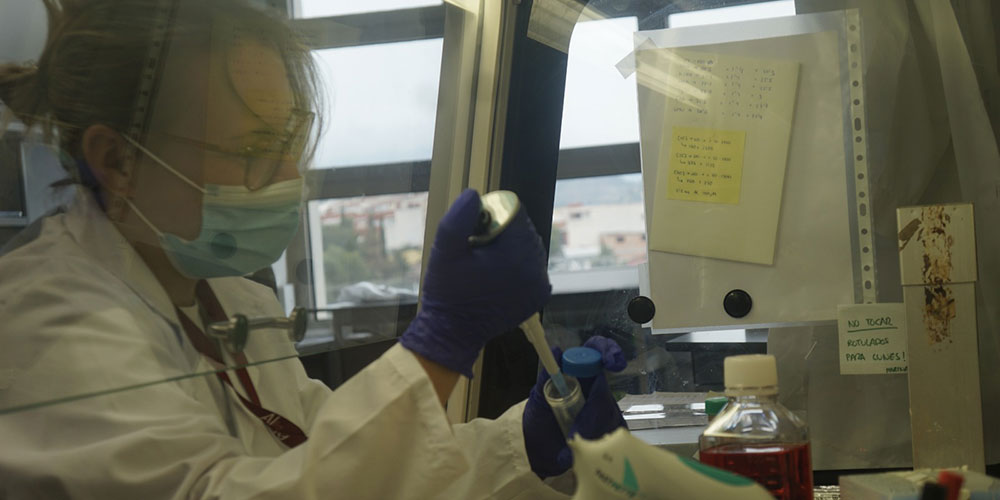About the Lab
The Obesity, Diabetes and Metabolism (ODiM) Lab is a newly established research group hosted within the Biomedical Research Institute of Murcia (IMIB) (https://www.imib.es). Our lab is currently working on several research projects aimed at understanding the physiopathology of obesity and related metabolic diseases, with special interest in the study of type 2 diabetes mellitus (T2DM) and metabolic dysfunction-associated steatotic liver disease (MASLD).
Why MASLD?
MASLD is currently the most prevalent cause of chronic liver disease worldwide, with an estimated global prevalence of over 30%. It’s projected that in the coming years, MASLD will surpass alcohol as the leading reason for liver transplantation in the general population. MASLD is directly linked to various extrahepatic comorbidities, including obesity, T2DM, dyslipidemia and chronic kidney disease, leading many researchers to view it as the hepatic manifestation of the metabolic syndrome.
The pathogenesis of MASLD has been the subject of extensive study over the past decade. However, the mechanisms driving its progression to MASLD remain only partially understood. Emerging evidence suggests that the physiopathology of MASLD is significantly influenced by various dietary and environmental factors. These factors may play a role in the development and progression of the disease by instigating alterations in gut microbiota and/or inducing epigenetic modifications, among other potential mechanisms.
In our lab, we aim to unravel the intricate relationship between the gut and the liver in the pathogenesis of MASLD and T2DM. We also investigate the potential impact of epigenetics and epitranscriptomic mechanisms on MASLD and T2DM development and progression. Additionally, we explore novel therapeutic strategies for patients with MASLD using patient-derived liver and intestinal organoids.
We welcome applications from predoctoral and postdoctoral researchers who are interested in joining the ODiM Lab. If you’re interested, please submit a comprehensive CV and a letter detailing your research experience and your research proposal to:
Dr. Bruno Ramos-Molina: bruno.ramos@imib.es (Group Leader)
Dr. María Ángeles Núñez Sánchez: mariaa.nunez@imib.es (Principal Investigator)









